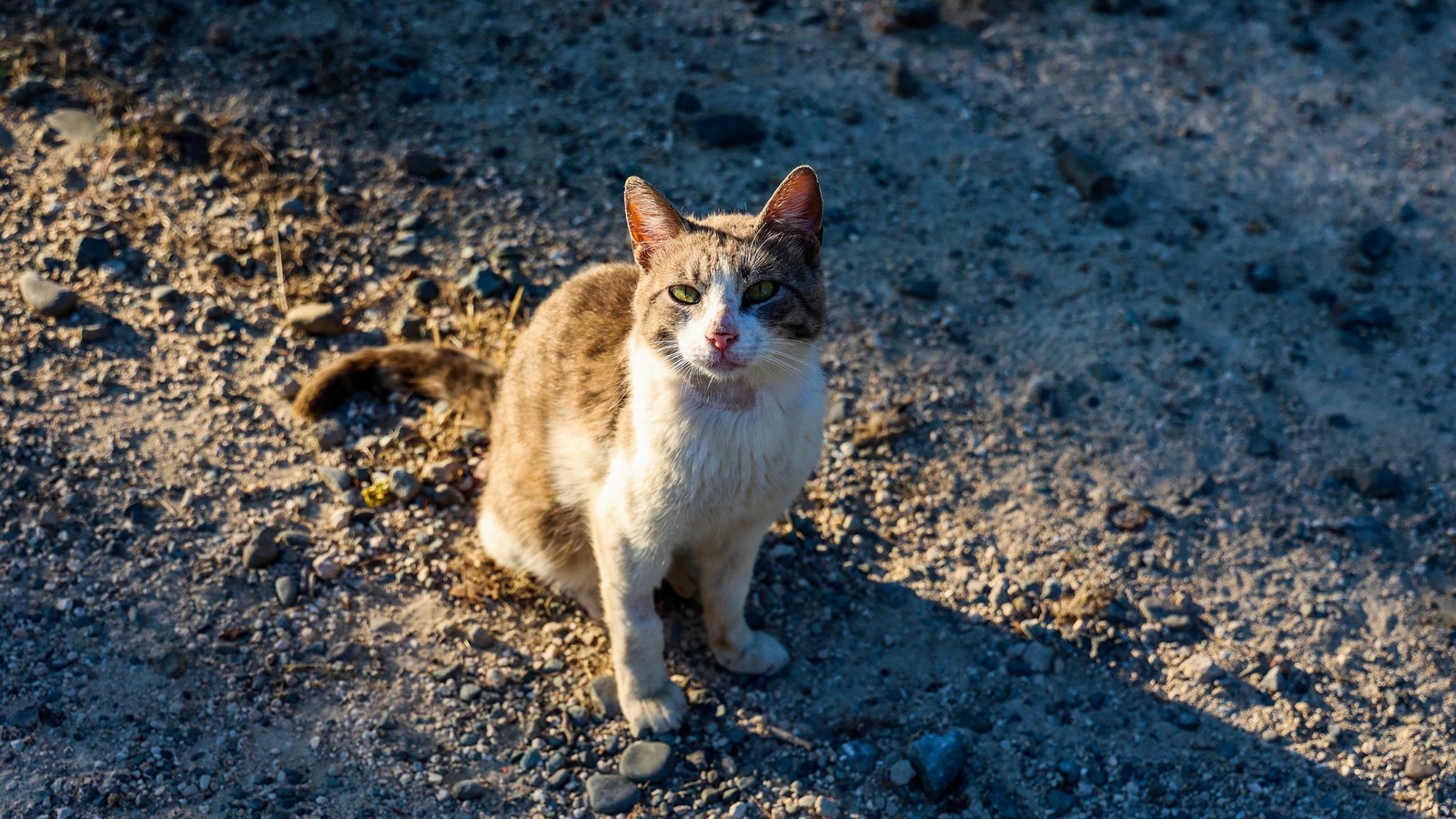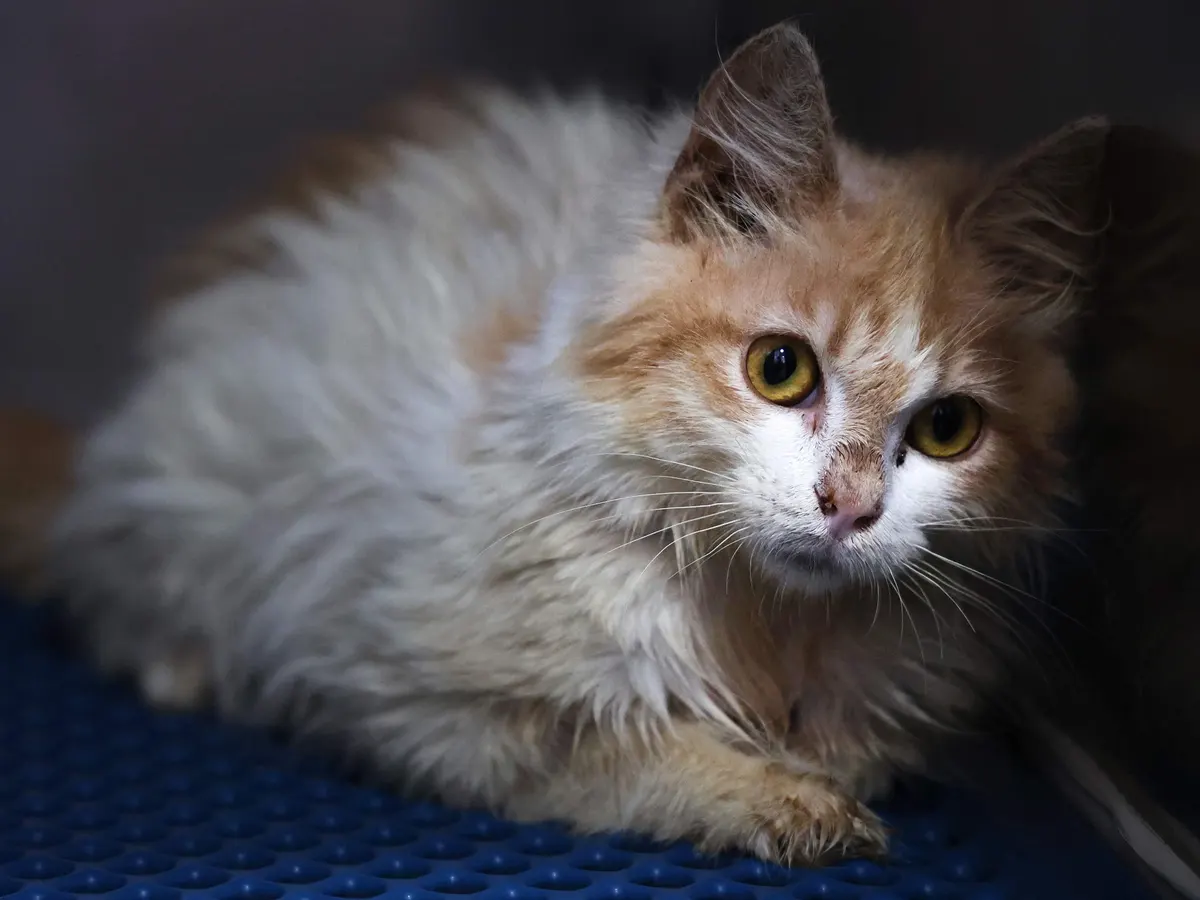Cyprus’ veterinarians association praised a government decision on Friday to permit the use of its stock of human coronavirus medication for cats, aimed at combating a local mutation of a feline virus responsible for the deaths of thousands of animals on the Mediterranean island, which does not affect humans.
The association stated it had been advocating since the beginning of the year for access to the medication at “reasonable prices” after the emergence of a mutation causing fatal Feline Infectious Peritonitis (FIP) in Cyprus’ cat population.
“We want to assure that we will continue to investigate and control the rise in case of FCov-2023,” the association affirmed.
Hristodoulos Pipis, head of Cyprus Veterinary Services, informed the state broadcaster that cat owners can obtain the medication, branded as Lagevrio with the active ingredient Molnupiravir, for 2.5 euros ($2.74) per pill at local veterinarian offices after a formal examination and diagnosis.
Nektaria Ioannou Arsenoglou, President of the Veterinarians Association, clarified to The Associated Press that the mutated feline virus cannot infect humans and is unrelated to COVID-19.
Health Ministry senior pharmacist Costas Himonas told the AP that 2,000 packages of the medication will be gradually released to veterinarians over the next month, ensuring no compromise to stocks available for treating any potential COVID-19 surge in humans.

Local animal activists had claimed up to 300,000 cat deaths from the mutation, which Arsenoglou described as an exaggeration.
An association survey of 35 veterinary clinics estimated approximately 8,000 deaths across the island, a figure corroborated by Pipis.
Arsenoglou noted that while FIP is typically fatal if untreated, the medication can successfully treat around 85% of cases, both in its “wet” and “dry” forms.
Previously, the high cost of medication had hindered FIP treatment, making it inaccessible to many cat caregivers, according to Arsenoglou.
Transmission of the feline coronavirus occurs through contact with cat feces and has been present since 1963, with previous epidemics naturally subsiding without medication, Arsenoglou added.
Preventive measures have been enacted to prevent the mutation’s export, including mandatory medical check-ups for all felines intended for adoption abroad.
The population of feral cats in Cyprus remains uncertain, although they are widely cherished and have a historical presence dating back millennia.
